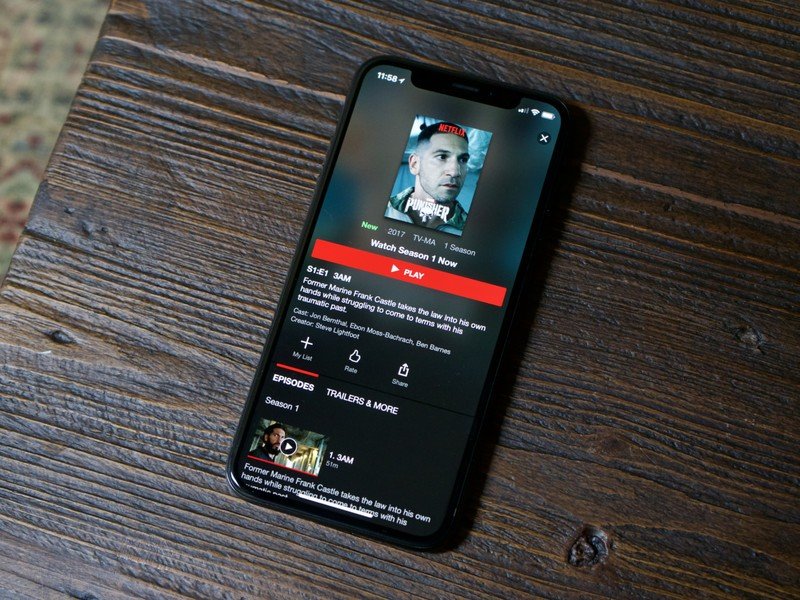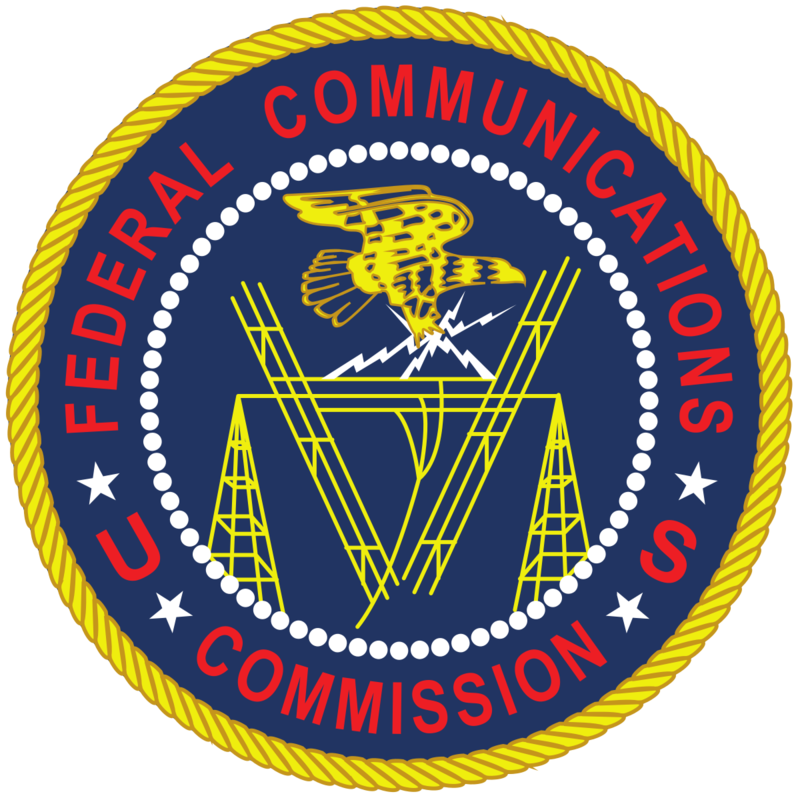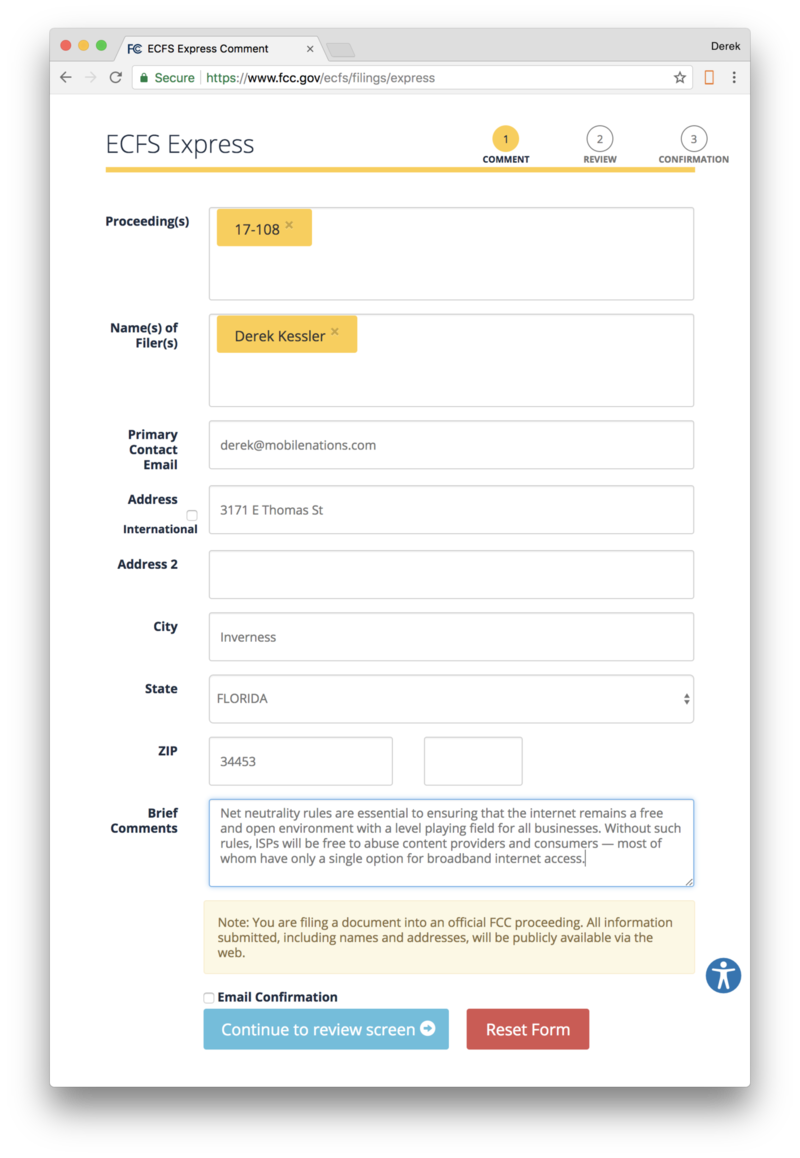Net neutrality, consolidation, monopolies, and you

Ajit Pai, the Chairman of the United States Federal Communications Commission, has proposed a complete repeal of Obama-era "net neutrality" regulations. He frames it as a return to free markets, but it is willfully ignorant of the founding nature and changing reality of the internet and what it will take to ensure its free and open future.
A fair and open internet is vital to the national and global interest. It promotes our democracy and economy. The 2015 net neutrality rules are increasingly necessary as the companies that run the infrastructure of the internet consolidate into media conglomerates and exercise monopoly powers.
Net neutrality is still worth fighting for — now more than ever.
This playing field is level and fence-free
What is Net Neutrality?
Net neutrality is a basic principle: internet service providers (ISPs) cannot slow down, speed up, or block any service, app, or website. It is a level playing field for the content provider and consumer, with the ISP playing the role of 'dumb pipe'.
Net neutrality is a basic principle: ISPs cannot slow down, speed up, or block any service, app, or website.
It is how the internet has operated, more or less, for the past twenty years. If it worked for that long without what Pai calls "onerous rules", why do we need them now?
Simply put, ISPs are no longer satisfied with being dumb pipes. A pair of trends have converged that are pushing ISPs to look for new profit opportunities.
Get the latest news from Android Central, your trusted companion in the world of Android
The United States is approaching saturation for wired and wireless internet connections. There are few new customers left to sign up for service (the easiest way to increase profits) and poaching customers from competitors is expensive. Wireless providers are trying to convince us that we need more lines for cellular tablets, smartwatches, vehicle dongles, and more.
Evolutions in technology for wired internet (the move to fiber) and wireless internet (LTE is nearly complete, just in time to start 5G upgrades) mean major ongoing capital expenditures for ISPs. This isn't new — ISPs have been spending massively on infrastructure since the first days, but for a business that must replace its infrastructure every decade is a relatively new concept.
With increased customer and infrastructure costs in a slowly growing market, ISPs are looking for new profit opportunities. There's nothing wrong that — profit is what businesses are meant to do.
ISPs have been getting into the content business through new ventures, partnerships, and acquisitions. Verizon bought AOL and Yahoo and is trying video with go90. Comcast purchased NBC Universal. AT&T bought DirecTV and wants Time Warner. These are aggressive moves, but done right they don't have to violate the principles of net neutrality.

It'd be a shame if something bad happened to this nice video streaming service you're running here
When the wheels start coming off the bus
It becomes troubling when the service provider side of the business is used to provide an advantage to the content side. Again, I don't fault an ISP for wanting to maximize profits and promote its products over a competitor's.
This can take a few different forms, from prioritizing the speed and reliability for one web service over another, to exemptions from data caps, to the most extreme but frighteningly plausible reality: breaking popular websites into different service tiers that you must pay to access (just look at cable channel offerings if you doubt this possibility).
ISPs don't want to play the dumb pipe anymore. They want to be the gatekeeper. This isn't conjecture — ISPs are actively promoting such ideas, and even implementing some of them.
ISPs don't want to play the dumb pipe anymore. They want to be the gatekeeper.
If you're a Verizon subscriber, its go90 video service is both included with your Verizon plan and exempted from any data cap on your plan. "Here's a free thing" is fine by net neutrality principles, but exempting go90 from data caps gives it an artificial advantage over competitors like Netflix or Hulu.
T-Mobile's Binge On music and video program is a huge step in data plan exemptions. T-Mobile claims that it supports net neutrality and that both programs are open to any streaming service, but the list of cap-free streaming services is impossible to make exhaustive and has some very notable absences. YouTube Gaming is present, but game streaming leader Twitch is not, nor is Microsoft's upstart Beam. Spotify, Tidal, and Apple Music stream without hitting your data caps, but your local radio station likely won't.
In 2013, Comcast demanded that Netflix pay for access to their network and customers. Netflix refused, so Comcast downgraded the speed of Netflix and hurt video quality. Netflix eventually capitulated and paid up; the quality of Netflix on Comcast improved overnight. NBC video streams will never be restricted on Comcast, but the precedent has been set for Spectrum or AT&T to throttle NBC unless Comcast pays.
Sure, Netflix and Comcast are large and profitable businesses that can afford such fees. If it's okay for Comcast to demand a fee from Netflix, then what's to stop Sprint from demanding a fee from anybody that wants to stream video over its network? That's one way to put a damper on any upstart content competitor that doesn't have the cash to pay the toll. Then couple this with an ISP exempting their own services from such restrictions and you have a highly uncompetitive atmostphere.
If throttling traffic leaves a bad taste in your both, the ISPs have an alternative suggestion: fast lanes. Instead of restricting speeds they'll let companies pay for faster and unobstructed access. Instead of disadvantaging a smaller company that can't afford these fees, it's offering an advantage to larger companies that are willing to pay. And if Amazon Prime video streams are markedly better because they paid the toll, you can bet Netflix and Apple will also pay to remain competitive. The little guy that can't pay is still left out.

Oh, that's part of our Social Media Bundle™
The Nightmare Scenario
The real dream of an ISP is to ape the tiered business model of cable television. Almost every cable TV plan is sold in tiers, with a selection of local broadcast and shopping channels in the base tier, but if you want more (say, AMC, Disney, ESPN, or HGTV) then you'll have to pay for an upgraded tier with a hundred other channels you'll never watch.
Imagine a world where website access is treated like cable channel bundles.
Imagine that same business model applied to the internet access. A basic plan with email, social media, Wikipedia, Google Search, and the ISP's video, music, and news services. Netflix, Amazon Prime, and Hulu are in the Video Package — after all, they use more bandwidth. News from Fox or Vice or TechCrunch is a different upgrade. So are popular recipe and DIY websites. Need to use a VPN for work? Better subscribe to the business class package. Want access to everything the internet has to offer? That's the top-tier unlimited plan.
Prioritizing or exempting traffic hacks away at the neutrality principles upon which the internet was built. Allowed to go wild, ISPs will become a wrecking ball to the very foundation of the internet.
Where else are you going to go?
Consolidation
Net neutrality opponents say the Telecommunications Act of 1996 is adequate to protect the an open internet. Pai said that instead "the FCC simply would require internet service providers to be transparent so that consumers can buy the plan that's best for them."
There's one huge problem there: most consumers have extremely limited ISP options. In some large markets you might find multiple broadband competitors, but the vast majority of Americans have few options. According to the FCC, nearly 60% of US households are served by only one ISP offering 25mbps or better broadband download speeds — or have no broadband access at all. Only 13% have more than two broadband options. What does it matter if the ISP is "transparent" about throttling practices if it's your only choice?
The wired internet market in the United States is hilariously uncompetitive already, and claiming that customers will have the option to pick a plan that's best for them is uniformed at best and willfully malicious at worst.
The traditional wired internet providers have unspoken agreements to stay in their own established local monopoly markets. As the only option, they don't have to compete on price and quality and can charge whatever the market will bear.
Nearly 60% of Americans only have one choice for broadband internet — or no broadband access at all.
Take Comcast's Xfinity internet service as an example. In Atlanta there's robust ISP competition and Comcast will sell you 75mbps service for $40/month. In Houston there's little competition and Comcast charges $50/month for 55mbps internet service. Competition breeds better service and prices, but wired ISPs go out of their way to avoid it.
Not only is competition rare, it's decreasing through consolidation. Charter and Time Warner Cable merged to create Spectrum. The will-they-won't-they merger of T-Mobile and Sprint fell apart not due to regulatory concerns but because of disagreements over the post-merger power structure. Verizon purchased AOL and Yahoo, AT&T purchased DirecTV and is now trying to buy Time Warner (the media company that owns CNN, TNT, HBO, Warner Bros, etc).
The market is primed for ISPs to exploit customers on both ends of the network. Content providers are being opened up to extortion to ensure the fair delivery of their product to customers. Customers face lesser products being foisted upon them with the promise that it won't hurt their wallet. Meanwhile, ISPs register record profits year after year.

Be heard
What now?
The Communications Act created two classes of web-centric companies. Title I is for "information services" and Title II is for "common carriers". The names alone make it clear how to classify companies like Google or Netflix versus companies like Verizon and Comcast.
Two decades ago, in the early days of the internet, the FCC opted to classify ISPs under Title I. Nobody then imagined what the internet would explode into today or the consequences of that decision. And it wasn't a concern, until Comcast started strong-arming Netflix or AT&T and Verizon started getting into the content business.

In 2015 the FCC voted to move ISPs under the Title II "common carrier" classification. This set new net neutrality rules for ISPs, requiring them to interconnect with each other to ensure all end users get fair and unfettered access, to ensure that physical rights of way are open to competitors, and to protect the privacy of users.
This is not a partisan issue. This is not a matter of the government deciding who wins or loses — it's ground rules to ensure that everyone has an opportunity to win. Repealing the net neutrality regulations would mean that an ISP could block traffic from Fox News just as easily as they could from Vice.
If you believe, as we do, that sensible net neutrality regulations are necessary to ensure the thriving, unfettered future of the internet for all who use it for business or pleasure, then you must speak up. Here's how to comment on the draft FCC order:
- Click this link to open the FCC's search results for Docket 17-108, Restoring Internet Freedom.
- Click on + Express on the far right of the search result. This will open the comment submission form with 17-108 automatically entered in the "Proceeding(s)" field.
- Enter your name and contact information. It is important that this is true and accurate; comments that cannot be attributed to a real person are ignored.
- Enter your comment to the FCC on the importance of net neutrality into the "Brief Comments" field. Be courteous, concise, and calm.
- Click Continue to review screen. This will load a review page to double check your submission. If you need to make any alterations, you can click Back in your browser or click the (1) Comment step at the top right of the screen.
- Click Submit. This will send your comment to the FCC and load a confirmation page.
You can also express you concerns directly to each to the FCC's Commissioners:
- Ajit Pai, Chairman: Ajit.Pai@fcc.gov
- Mignon Clyburn, Commissioner: Mignon.Clyburn@fcc.gov
- Michael O'Rielly, Commissioner: Mike.O'Rielly@fcc.gov
- Brendan Carr, Commissioner: Brendan.Carr@fcc.gov
- Jessica Rosenworcel, Commissioner: Jessica.Rosenworcel@fcc.gov
This issue can only be definitively solved via an act of Congress. The FCC is interpreting the 1996 Communications Act; only Congress can permanently clear up confusion in the law. Of course, we're going up against massive lobbying costs and political donations — Comcast alone spent $14 million on government lobbying in 2016, and millions more in the years they were fighting Title II classification.
I won't lie, the odds are stacked against net neutrality supporters. Politicians who support overturning the rules are in the White House, both houses of Congress, and three of the five seats on the FCC Board of Commissioners. But the democratic republic structure of the United States is designed so that these elected representatives are responsive to our demands.
So let them know. Send an email, or better yet pick up the phone and make a call:
Even if it's a losing battle, it's one we would regret not fighting.

Derek Kessler is Special Projects Manager for Mobile Nations. He's been writing about tech since 2009, has far more phones than is considered humane, still carries a torch for Palm (the old one), and got a Tesla because it was the biggest gadget he could find. You can follow him on Twitter at @derekakessler.
